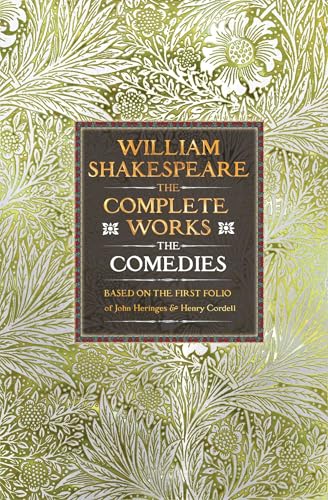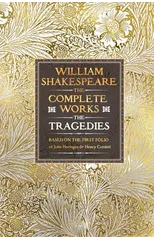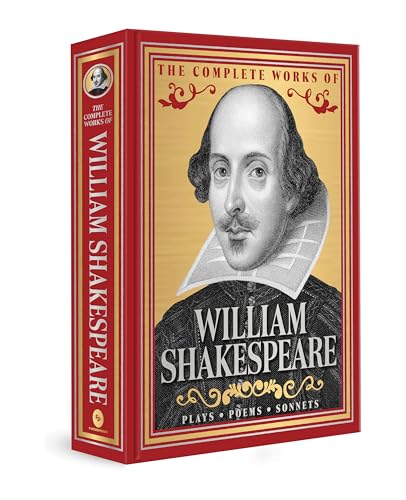Pericles was Shakespeare's first full-blown tragicomedy, the precursor to The Winter's Tale, Cymbeline and The Tempest, and one of his most popular plays in the seventeenth century. This Penguin edition is edited by Eugene Giddens. 'One sin, I know, another doth provoke; Murder's as near to lust as flame to smoke' Pericles, Prince of Tyre, must solve a riddle in order to marry the daughter of the King of Antioch, or be put to death. But when the answer reveals a horrific secret, the young man faces his greatest dilemma. Danger and adventure follow as Pericles flees the city to find his fortune elsewhere, in a romantic drama of families lost and reunited, evil punished and virtue rewarded. This book contains a general introduction to Shakespeare's life and Elizabethan theatre, a separate introduction to Pericles, a chronology, suggestions for further reading, an essay discussing performance options on both stage and screen, and a commentary.
William Shakespeare
William Shakespeare was an English playwright, poet, and actor, widely regarded as one of the greatest writers in the English language. He is known for his numerous plays and sonnets, which have had a profound impact on literature and theater. Some of his most notable works include "Romeo and Juliet," "Hamlet," "Macbeth," and "Othello." Shakespeare's writing is characterized by his use of intricate language, complex characters, and universal themes such as love, jealousy, power, and ambition. His works have been translated into every major language and are performed around the world to this day. Shakespeare's influence on literature, drama, and the English language is immeasurable, and his legacy continues to endure centuries after his death. His most famous work is arguably "Romeo and Juliet," a tragic love story that has become a timeless classic.





